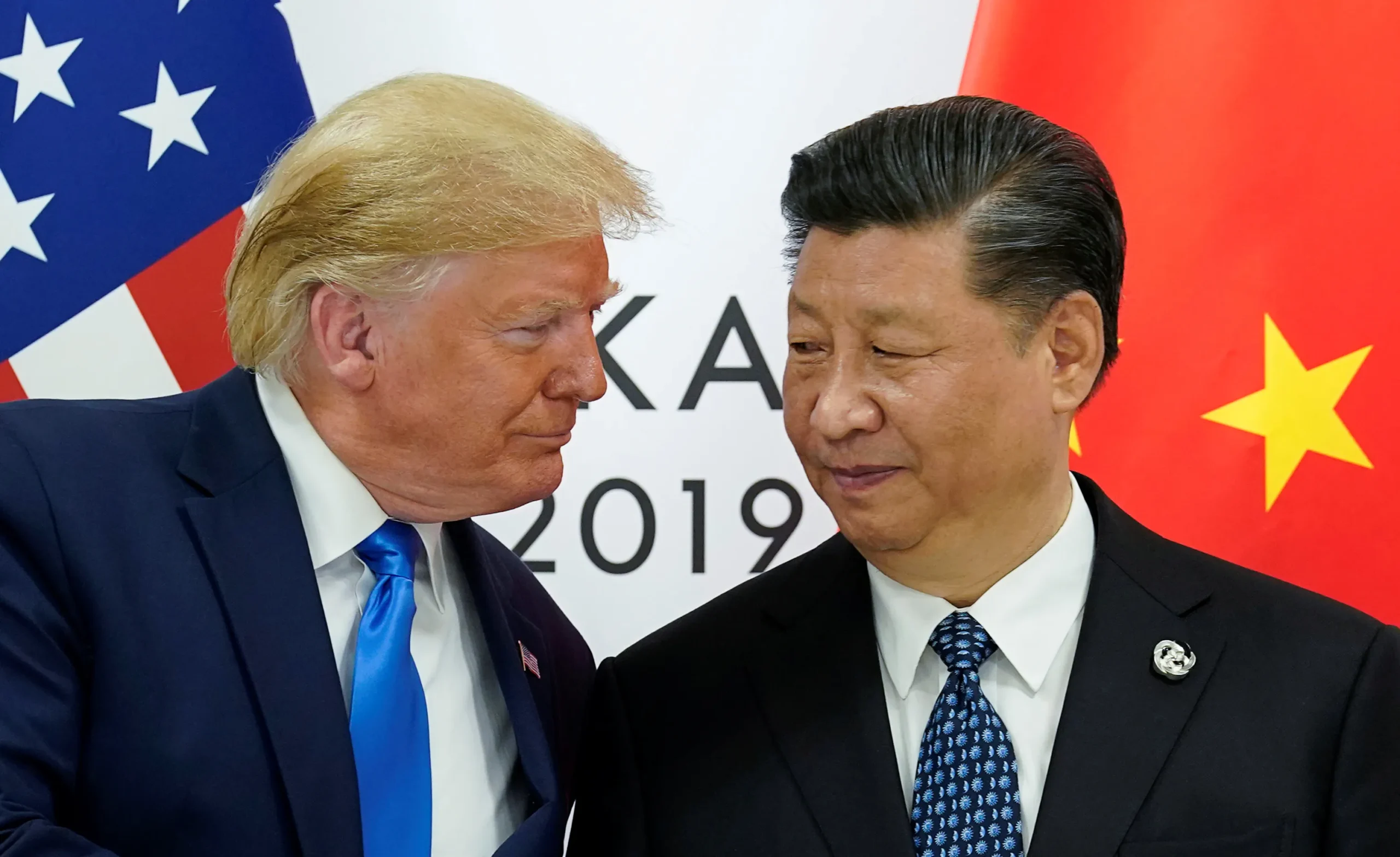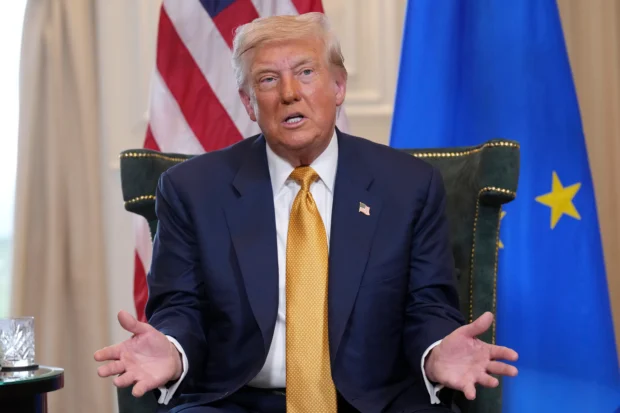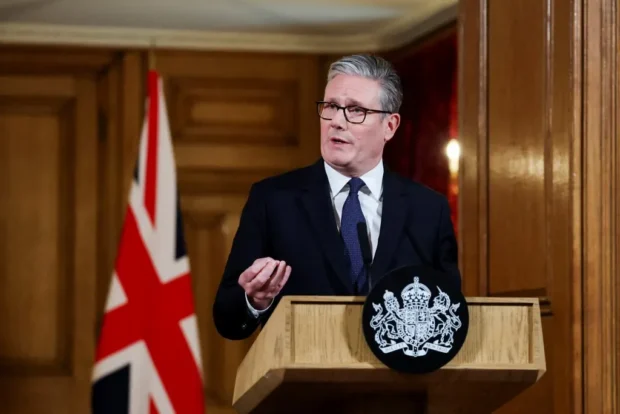
A new Democratic report warns that the United States is ceding strategic ground to China as President Donald Trump’s foreign policy approach undermines Washington’s global competitiveness.
The report, examining Trump’s first six months in office, argues his tenure has “significantly undermined” America’s ability to compete with China on the world stage.
According to the Democratic members of the US Senate Foreign Relations Committee who authored Monday’s report, staff reductions at the State Department and cuts to the United States Agency for International Development (USAID) and US Agency for Global Media have weakened American power and influence.
The report characterizes China as presenting a “strategic challenge distinct from any in our nation’s history” with a comprehensive plan to “unseat the United States as the world’s leading superpower.”
Senator Jeanne Shaheen stated that while Trump “retreats from every corner of the world – attacking allies, slashing America’s diplomatic tools and embracing adversaries – China is building influence, expanding relationships and reshaping the global order to its advantage.”
The report suggests China has capitalized on Trump’s withdrawal from global initiatives including the World Health Organization and Paris Climate Agreement by increasing overseas funding and expanding diplomatic presence.
Trump’s trade conflicts have reportedly weakened “alliances and economic partnerships,” potentially pushing even close US allies toward China, according to the Democratic analysis.
These concerns align with a Tuesday Pew Research Center survey showing shifting global attitudes toward China. The nonpartisan organization found improved perceptions of China in 15 of 25 countries surveyed, including Mexico, South Africa, Turkey, Kenya and Indonesia.
Despite overall negative global perceptions remaining dominant, with 54 percent of respondents holding unfavorable views of China, the country is now viewed as the world’s leading economic power. Forty-one percent of respondents identified China as the “top economy” compared to 39 percent for the United States.
The most significant perception shifts occurred in ten high-income countries including Canada, France, Germany, Italy, Japan, the Netherlands, South Korea, Spain, Sweden and the United Kingdom. US favorability in these nations dropped from 51 percent in 2024 to 35 percent in 2025, with notable declines in key Asia Pacific allies South Korea, Japan and Australia.
China’s approval rating among these high-income countries rose from 23 percent to 32 percent over the same period.
Presidential confidence ratings show similar patterns, with Trump’s approval falling from Biden’s 53 percent in 2024 to 22 percent, while Xi Jinping’s rating increased slightly from 17 percent to 24 percent.
Ian Chong, associate professor at the National University of Singapore, observed that Trump’s trade policies have created “much deeper skepticism and distrust of the United States across Asia today,” making cooperation with China appear more attractive to some nations.
However, Chong noted that regional economies recognize they “cannot do without economic cooperation with the United States, however much they may dislike it.”
William Yang from the Crisis Group think tank suggested China is increasingly viewed as a more reliable business partner amid US policy uncertainty.
“As countries grapple with the uncertainties brought by the Trump administration, a growing number of them, including close US allies in the Indo-Pacific region, are seeking to stabilize their relationship with China,” Yang explained.
Recent high-level visits to China by US allies support this assessment, including Australian Prime Minister Anthony Albanese and Indian External Affairs Minister Subrahmanyam Jaishankar, both meeting Xi Jinping in Beijing this week. Earlier visits included prime ministers from Singapore, New Zealand and Spain, plus Brazil’s president.
Yang noted that while fundamental concerns about Chinese practices persist, particularly in security matters, countries are seeking to “stabilize their relationship with China” to better manage Trump administration uncertainties, potentially improving China’s global image.












Be the first to leave a comment